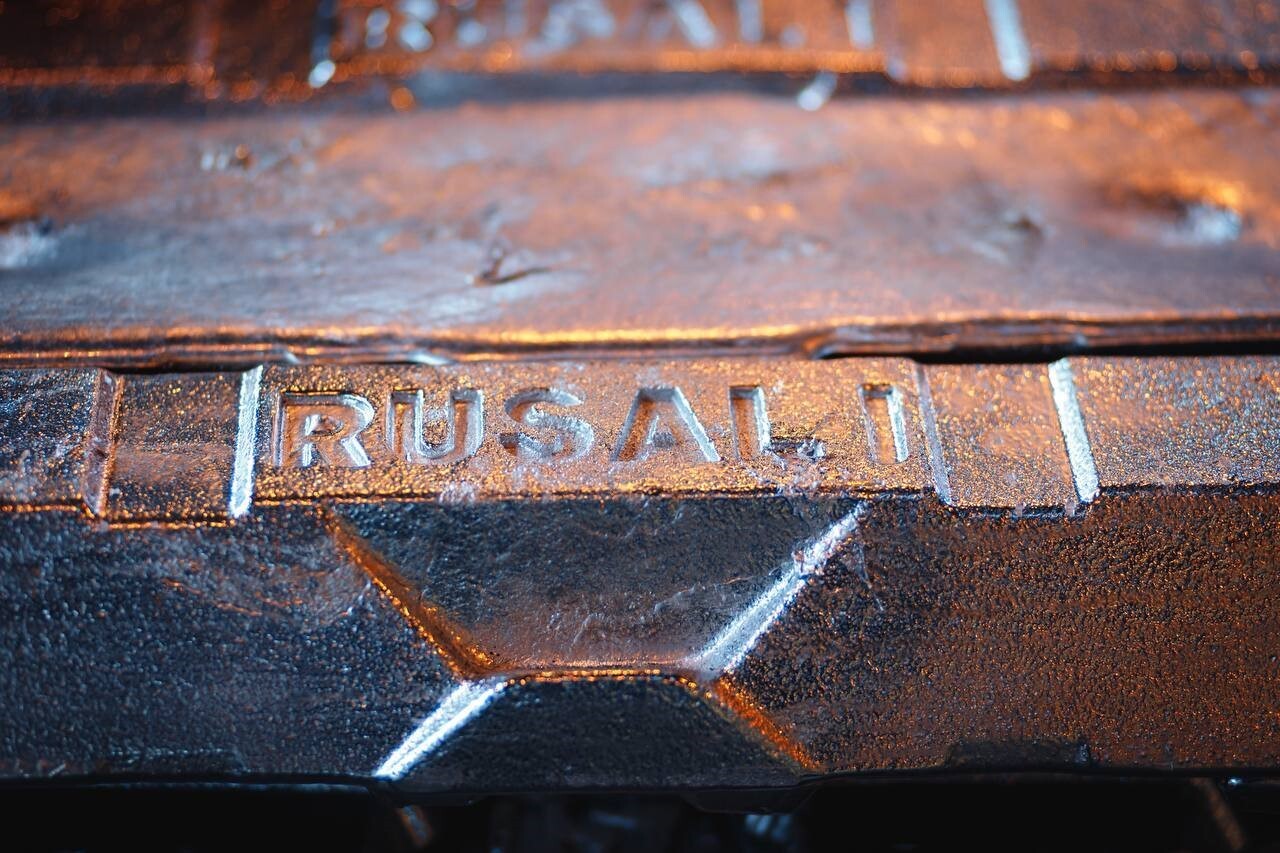

RUSAL, one of the world’s largest aluminium producers, has developed an artificial intelligence-based technology for container control. This innovation significantly reduces the time required to dispatch containers from the terminal for loading with finished products.

The technology, developed by RUSAL’s Engineering Department, is currently being tested at one of the container terminals at the Krasnoyarsk Aluminium Smelter (KrAZ). It involves creating a virtual twin of the terminal, where machine vision and high-precision positioning systems recognize and track containers. The system records the location and identification numbers of all containers awaiting loading with aluminium.
This project won the ComNews Awards—best Solutions for the Digital Economy 2024 in the “Best Digital Logistics Solution” category. The award ceremony took place on December 6, 2024, in Moscow.
"This project has proven its effectiveness; it is part of a large set of measures aimed at increasing the shipment of aluminium in containers by 60 per cent in the next two years. Containers provide the best cargo safety, maximum speed and convenience of logistics, especially in multimodal transportation. Considering the huge production volumes of KrAZ, such a significant increase in shipment would not be possible without the digitisation of processes. To achieve this goal, we also built a flat concrete platform nearby the terminals for multi-level storage of containers, the construction of another one is planned for next year," said Vadim Ivanov, Commercial Director of KrAZ.
RUSAL is implementing numerous projects to digitise its production processes, utilising neural networks, machine vision, and big data analysis. Artificial intelligence helps the company’s employees minimise routine tasks, saving time while improving the accuracy and efficiency of technological processes. The company’s success in digitalisation plays a crucial role in promoting the potential of artificial intelligence and its practical applications.
“Before the project was launched, containers were not systematically organised in the available space, and their locations were not recorded. This often delayed finding the required containers, affecting the terminal’s throughput. We equipped the container terminal and loaders with cameras, which, through more than ten unique machine-learning models, recognise the containers and their numbers. The system also records additional visual tags, such as weight and volume, and logs actions involving the containers. The loaders are also fitted with GPS sensors, allowing for the precise location of each container to be determined. All this data creates a virtual model of the terminal. The loader operator receives a task on their tablet that shows the real-time location of the required containers on the terminal map,” said Mikhail, Director of Production Automation at RUSAL’s Engineering Department.
Previously, locating and preparing a container for loading took an average of 30 minutes. The new technology drastically reduces this time. Following successful testing and deployment at the KrAZ container terminal, the company plans to roll out the technology to other aluminium smelters across its network.
Note: This press release, issued by RUSAL, is published as received without edits from AL Circle.
Responses








